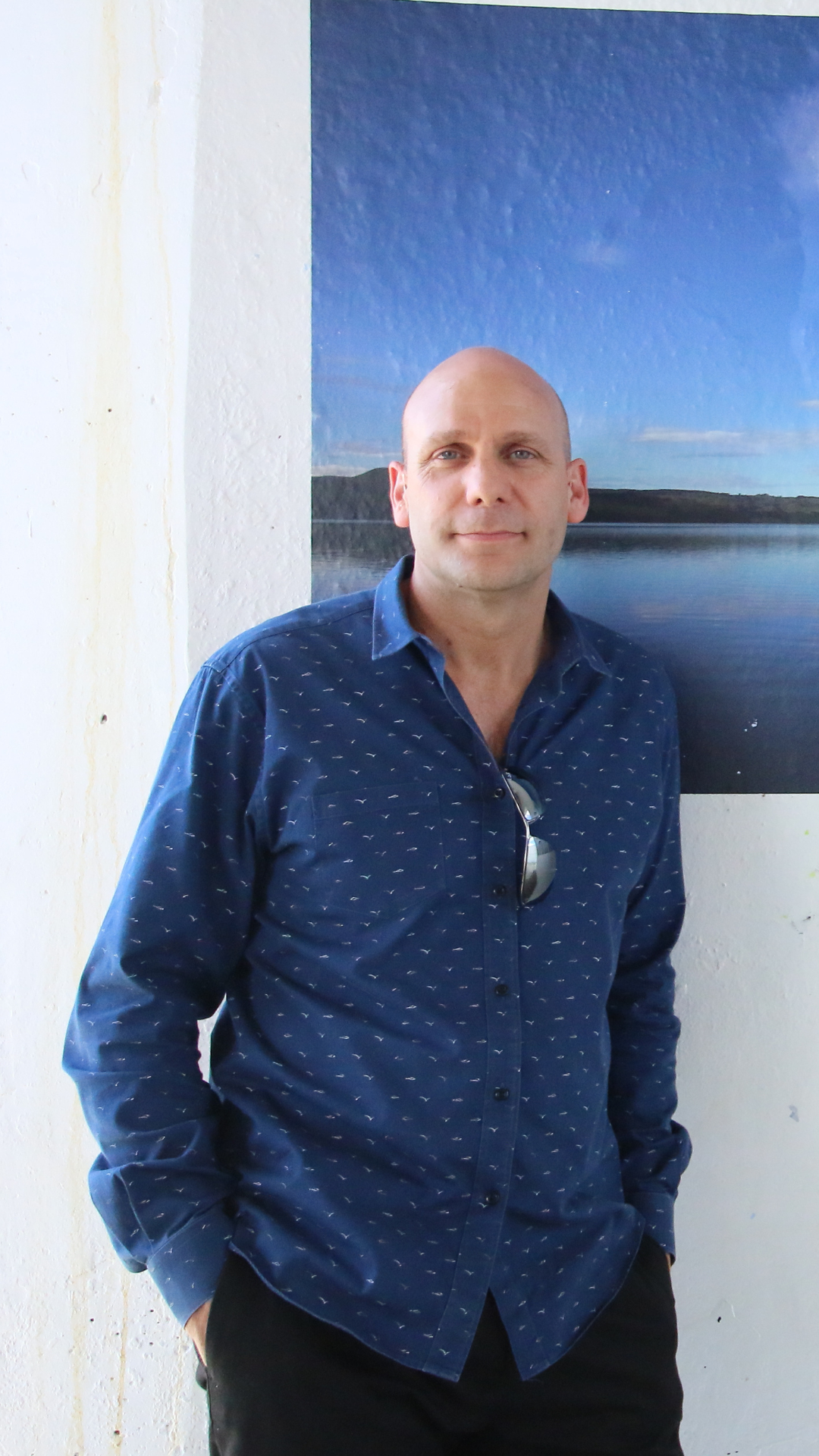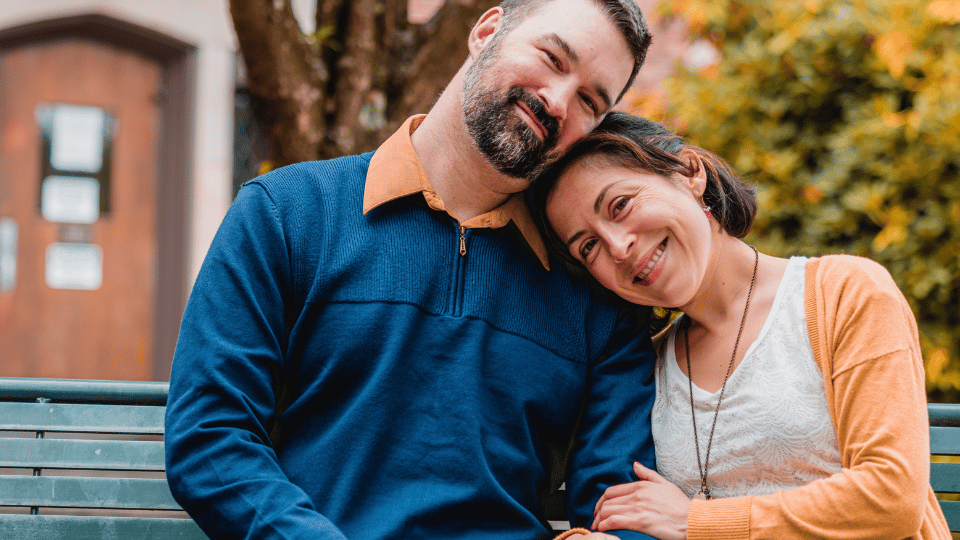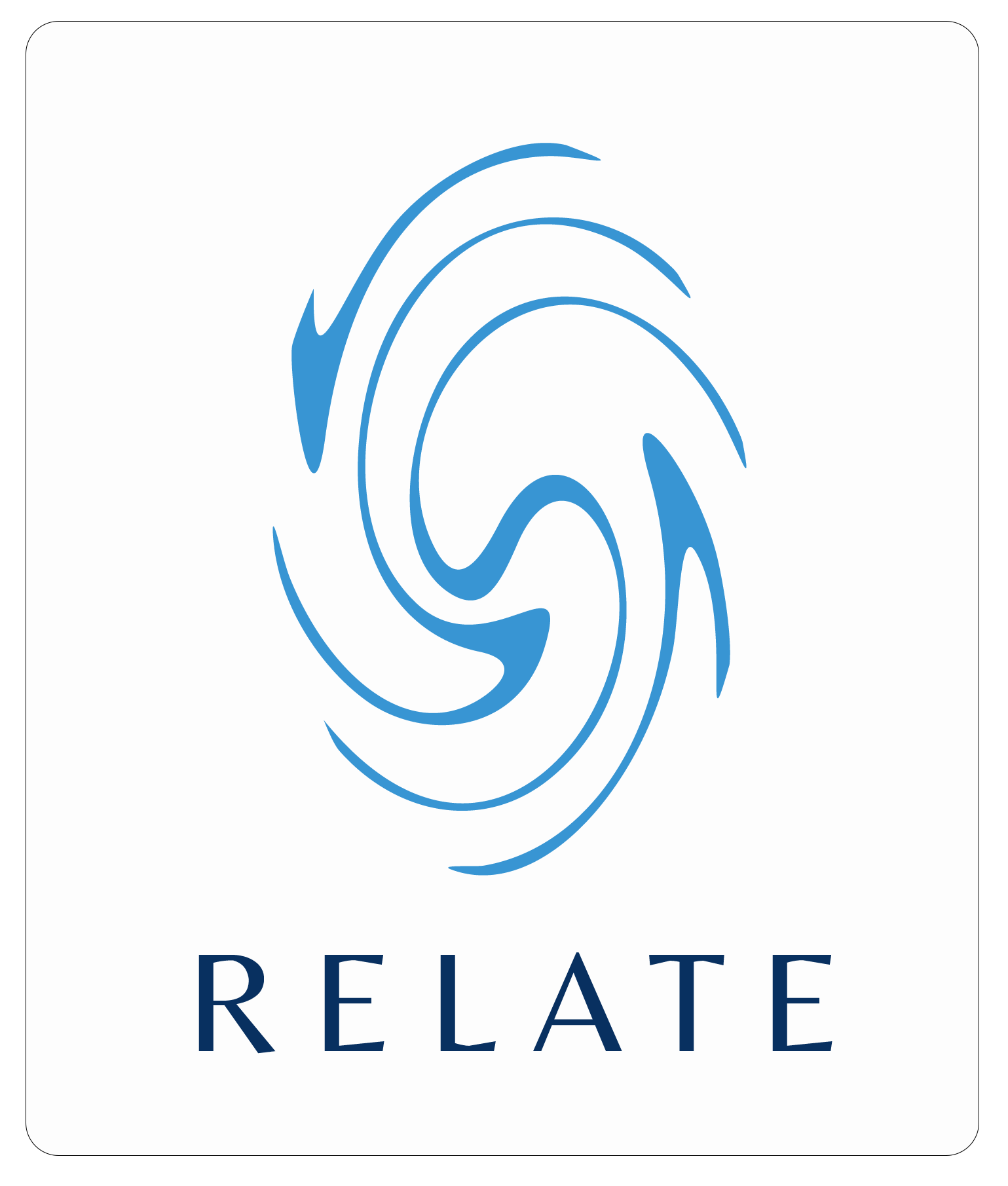
Help Couples Reconnect
... and Fall Back in Love with Your Work
Free 1-Hour Couples Therapy Training: Introduction to Integrated Couples Therapy
Get a free, practical introduction to Presence-Oriented Relationship Therapy (PORT) — an integrative, evidence-based approach that combines the best of the Gottman Method, Emotionally Focused Therapy (EFT), Imago Relationship Therapy, PACT, and the Developmental Model.
In this free 1-hour couples therapy course, you’ll discover how these leading models can work together in one cohesive, presence-based framework. This masterclass is your starting point for the PORT Level 1 & 2 Integrated Couples Therapy Certification — a 40-hour professional training that helps therapists confidently guide couples toward lasting change.
Discover the Future of Couples Therapy
Couples Therapy Training for Counselors, Psychologists & Social Workers

The Truth About Why Most Therapists Avoid Couples Work — and How You Can Master It with Confidence
Most therapists I meet tell me the same thing:
“Couples work feels unpredictable… overwhelming… like there’s always too much happening in the room.”
And they’re right — couples work can feel that way when you’re trying to juggle five different models, each with its own map and language. Many counsellors quietly avoid it, thinking, “I’ll stay with individual work — at least I know where I am there.”
But I see couples therapy differently.
To me, it’s the trailblazing edge of our field — the place where everything we know about attachment, trauma, and connection comes alive in real time. It’s where healing is witnessed, not just talked about. It’s demanding, yes — but it’s also profoundly beautiful.
I’ve spent more than twenty years walking this trail — studying directly with Harville Hendrix, the Gottmans, Stan Tatkin and others — and mapping what truly helps couples find their way back to each other. The result is the PORT® Framework — a practical, integrated approach that makes couples work not only clear, but deeply human.
One of PORT’s key innovations is that it teaches therapists to use the best of these five models authentically — in their own voice. You don’t have to sound like a Gottman, or an EFT practitioner, or an Imago therapist. You learn to weave the wisdom of each into your natural style, so your work feels both structured and genuine.
My mission now is simple: to walk beside other therapists who want to do this work — who want to help couples not just communicate better, but fall in love again.
If that’s something you’d love to witness in your own therapy room, I’d be honoured to show you how.
Let’s explore what’s possible when we bring more love — and more authenticity — into the heart of our work.

Bridging the Models: Integrating Couples Therapy without Losing Yourself
What Do Gottman, EFT, IMAGO, PACT and the Developmental Model All Have in Common?
Each offers profound insights into love, attachment and repair, yet each tells only part of the story. Couples therapy has developed through powerful but partial lenses, leaving many clinicians wondering how to bring it all together in the therapy room.
This one-hour professional training, led by Steven Dromgool, Clinical Director of Relate and a clinician trained in all five approaches, explores how these models intersect, where they diverge, and how integration rooted in presence represents the next wave of relational healing.
What You’ll Learn
- You’ll explore the core principles and interventions of five leading couples therapy models
- The key strengths and blind spots of each approach
- How presence acts as the bridge between structure and spontaneity
- Ways to align interventions with your own therapeutic style and values
Who This Is For
Licensed and pre-licensed therapists, counselors, psychologists and social workers, whether you’re new to couples work or refining your craft.
Why Join This Training
Clarity: Understand how today’s leading models complement and contradict each other
Confidence: Learn to work fluidly across approaches without losing your authenticity
Connection: Discover how presence brings theory to life and deepens the therapeutic bond
You’ll leave with a clear, comparative framework for integrating the best of these traditions into your own practice.
About the Presenter
Steven Dromgool is an experienced couples therapist, trainer and Clinical Director of Relate. He has trained in Gottman, EFT, IMAGO, PACT and the Developmental Model and brings more than two decades of clinical experience helping therapists bridge theory and lived connection in the therapy room.
He is also the developer of Presence Oriented Relationship Therapy (PORT), an integrative framework that weaves together insights from these leading models into a coherent, presence-based approach to couples work. Steven’s teaching style is experiential, grounded and deeply informed by practice.
Course Details
Format: 90 Minute Self Paced Online training
Cost: Free
Continuing Education: ACA approved for 5 OPD Points
Integrated Couples Therapy: PORT Level 1 & 2
The Most Comprehensive, Experiential Couples Therapy Training — Now Available in One Integrated 2-Month Program Starting March 10, 2026

A New Way to Learn and Practice Couples Therapy
For the first time, the complete PORT training experience is being offered as a fully integrated journey — combining foundational learning with live practice and supervision in one cohesive path.
This is more than a course. It’s an immersion that reshapes how you understand relationships, regulate emotion, and work with couples in real time.
Presence-Oriented Relationship Therapy (PORT) was created to solve one of the biggest frustrations in the field — the sense that no single model gives you everything you need.
Therapists often find themselves juggling techniques from different schools of thought, unsure how to bring them together in a session that feels authentic and effective. PORT changes that.
Developed over eight years by the Relate NZ clinical team, PORT integrates the world’s most respected approaches — Gottman, EFT, Imago, PACT, and the Developmental Model — and weaves them into one practical, embodied framework. It’s not another set of techniques. It’s a way of being with couples that combines neuroscience, attachment, and relational depth into a clear, teachable process.
Ready to experience couples therapy training that actually integrates everything — from theory to live practice?

What Makes PORT Different
While other trainings focus on either theory or technique, PORT brings them together through an emphasis on presence — your ability to stay grounded, attuned, and effective even in the most charged moments.
You’ll learn how to orient couples toward connection instead of conflict, guide them through structured emotional repair, and transform reactivity into understanding. The models are evidence-based, but the practice is human and alive.
Therapists who train in PORT often describe it as the “missing piece” — the framework that finally connects the dots between all they’ve learned.
It gives structure without rigidity, depth without overwhelm, and a pathway for growth that makes sense from the very first session.
“PORT challenged and transformed my practice. It brought everything I’d studied into one living, breathing approach.”
— Rhonda Jurd, Couples Therapist
Experience what it feels like to be fully present and finally integrate everything you’ve learned into one embodied practice.

A Complete Growth Path for Therapists
Whether you’re new to couples work or an experienced clinician seeking integration, PORT offers a clear developmental journey.
You’ll begin by building the foundation — understanding the architecture of relationships and the role of regulation, empathy, and structure — and progress into real-time application with live feedback and supervision.
Each step builds your capacity to bring presence, clarity, and confidence into your sessions.
And unlike many short-form workshops, PORT provides a framework that continues to evolve with you — preparing you for advanced certification, clinical mastery, and long-term transformation in how you work.
Ready to evolve beyond short workshops and build lasting clinical mastery?

The PORT Promise
By the end of this training, you’ll see couples work differently. You’ll understand what’s happening in the moment — emotionally, neurologically, and relationally — and know exactly how to respond.
You’ll have a process that’s grounded in science but guided by empathy. You’ll feel confident, composed, and capable in even the most complex dynamics.
Most importantly, you’ll rediscover why you chose this work in the first place — to help people reconnect, heal, and grow.
“Transformative. PORT gave me a complete toolkit — and the confidence to use it.”
— Cath Baker, Counselor, Australia
You can experience this transformation too and bring it to your clients.

The Opportunity
Because this is the first time the full integrated PORT training has been offered, this cohort represents a rare opportunity to experience the complete model as it was designed — theory, embodiment, and live practice combined.
Enrollment is intentionally limited to preserve the integrity and intimacy of the live training experience.
Join a growing international community of therapists who are redefining what’s possible in couples therapy.
Learn the models that unify the field — and experience the presence that transforms relationships from the inside out.
Be part of the first group to experience PORT as it was meant to be — integrated, embodied, and alive.

Integrated Couples Therapy: Presence Oriented Relationship Therapy (PORT) Level 1 and 2
PORT Level 1 & 2 – Integrated Couples Therapy Certification
Develop a unified, presence-based approach that integrates the best of Gottman, EFT, Imago, PACT, and the Developmental Model. Learning and practicing Presence Oriented Relationship Therapy (PORT) gives you the structure and confidence to bring the leading couples therapy models together in one practical, embodied framework.
Program Schedule
Level 1 – Foundations (Integrated with Level 2)
Learners begin with the Introductory Chapter, completed before the first live session. Each week that follows, a new Level 1 module aligns directly with the week’s Level 2 topic. Every module includes concise video lessons, guided exercises, and practice activities designed to prepare you for live sessions and deepen your understanding afterward. Expect around two and a half hours per week of Level 1 learning.
Level 2 – Live Cohort (Applied Practice)
The live component runs for eight weeks of small-group training and supervision. Each week includes a two-and-a-half-hour interactive session focused on applied practice and integration, combined with about two and a half hours of self-paced study from Level 1—making a total weekly immersion of around five hours. The next cohort runs from March 10 to April 28, 2026. Live sessions are held Tuesdays at 11:00 a.m. NZDT / 9:00 a.m. AEDT / Mondays at 6:00 p.m. ET. All sessions are recorded and available for review.
Continuing Education and Certification
The full program provides 40 total training hours—20 integrated self-paced and 20 live. Approval is pending for 20 CE hours and 10 CPD points with NASW, NBCC, APA, and the Australian Counselling Association OPD framework. Certificates of completion are issued for both Level 1 and Level 2. Graduates are eligible to continue toward the PORT Level 3 Advanced Certification Pathway. Once approvals are finalized, CE certificates will be issued automatically.
Curriculum Overview
Level 1 – Integrated Foundations
Level 1 introduces the PORT Framework—Presence, Orientation, Regulation, and Tracking—and shows how the five major models can be mapped into one coherent system. Learners explore the Relational Brain Model and progress through increasing levels of couples attunement. Weekly practice assignments and reflections connect directly to each live training theme, helping integrate the material into embodied clinical practice.
Level 2 – Applied Practice Lab
Level 2 focuses on integration in real time. Participants learn to use the PORT Process Map to structure and flow through a session while maintaining presence and flexibility. Training includes supervised live practice, case consultation, and collaborative reflection groups. The program concludes with a final integration assessment and the Level 2 certification.
What You Receive
Enrollment includes lifetime access to all Level 1 materials and recordings, eight weeks of live Level 2 training, a structured weekly learning plan combining theory and practice, downloadable worksheets and process maps, and access to an ongoing community of graduates for peer consultation. Completion also provides eligibility for advanced PORT certification.
Enrollment and Pricing
The full program for PORT Levels 1 and 2 is $995 for early registration (Ends January 15) or $1,295 full registration. The next live cohort begins March 10, 2026,
Full Integrated Couples Therapy Course Curriculum
(Click on the module to expand for more information)
- Welcome to PORT
- PORT Level 1 for Professionals
- Assumed pre-PORT Learning
- School of Love
- PORT Demonstration
- Introduction to the Presence Bridge Model
- Introduction to the Relational Brain Model
- Introduction to the 5 Step Therapy Progress Model
- Downloadable Infographics
- Course Learning Objectives
- History of Couples Therapy
- John Gottman and the Relationship Killers
- Paul Ekman’s Facial Action Coding System
- Fight Stopping
- The Science of Healthy Relationships
- Sue Johnson and Emotionally Focused Therapy
- Attachment in Committed Relationships
- EFT and Connection
- Stan Tatkin and Secure Functioning
- Triple Bridge and STOP Intervention
- STOPS, Beginnings and Relationship Primacy
- Jack and Sally Demo: Prioritize the Relationship
- Jack and Sally Demo: Review the Learnings
- IMAGO – Pros and Cons
- The Developmental Method and 3rd Generation Therapies
- PORT and Integrated Couples Therapy
- PORT Combined Infographic (Downloadable)
- Couples Therapy Interventions – A Primer
- Betrayal Series Demo
- Q&A: Therapeutic Stance
- Introduction to the Cycle of Relationship
- From Honeymoon to Commitment
- The Power Struggle and Crisis
- The Couple’s Awakening and Mature Love
- Who are Pursuers and Avoiders?
- What is a Fight?
- Trauma, Disorganized Attachment, and Fight Stopping
- Pursuer–Avoider Interventions
- Jack and Sally Demo: Partner as Intimate Resource
- Dan and Bri Demo: Challenges with the Pursuer
- Dan and Bri Demo: Challenges with the Avoider
- Bonus: Cycle of Conflict
- Connecting Two Worlds
- Presence Bridge Invitations
- Bridge Interventions – Invitations
- Goddess Deescalation
- Sex Therapy 101
- Appreciation Flooding
- The Presence – Sending and Mirroring
- Presence Bridge Mirroring Interventions
- The Presence Bridge – Empathy
- Dan and Bri Demo: Practice Sendings and Mirroring
- Presence Bridge Empathy Interventions
- Presence Bridge – Validation
- Presence Bridge Validation Interventions
- Managing Transition and Response
- Presence Bridge Response Interventions
- Values, Needs and Longings
- Jack and Sally Demo: Identifying Needs
- Q&A: “Have At It” Intervention
- Introducing Neuroscience with Couples Therapy
- The Relational Brain Model
- The Baby Brain
- Baby Brain Therapist Interventions
- Dan and Bri Demo – Baby Brain
- Non-Verbal Demo
- The Child Brain
- Child Brain Therapy Strategies
- Child Brain Interventions
- Soft Start Up
- Best Friend Intervention
- Really Really Intervention
- The Adult Brain and Therapy Strategies
- Adult Brain Interventions
- Relationship V2.0 Instructions
- The Observer Brain and Therapy Strategies
- Observer Brain Interventions
- Pathways to Depth
- EFT Critique and PORT Reframe
- Going to Depth in Couples Counselling
- Jack and Sally Demo: Tracking Brain States
- Q&A: Paradoxical Imperative
- 5 Stage Therapy Progress Model
- Alliance
- Truth
- Justice
- Mercy
- Peace
- Q&A: Finding Alliance
- 5 Step Interventions
- Q&A: Deepening and Shallowing Interventions
- Assessment Overview
- Getting the Couple Engaged
- Scoping
- Understanding the Couple’s Attachment Patterns
- Identifying Relationship Challenges
- Q&A: Assessments
- Individual versus Couples Therapy Considerations
- PORT Assessment Demonstration 1
- PORT Assessment Demonstration 2
- PORT Assessment Demonstration 3
- PORT Assessment Demonstration 4
- How to Complete a Formulation as Part of an Assessment
- Formulations
- Strengths
- Familiar Connections
- Achievements
- Obstacles
- Challenges
- Costs
- Learned Patterns
- Resources
- Possibilities
- Formulation Outcomes
- Assessment and Formulation Worksheet
- Jack and Sally Formulation Example
- Jack and Sally Demo Discussion
- Formulation Personal Reflection
- Dealing with Betrayal
- The Challenge of Betrayal Trauma
- The Betrayal Trap
- Key Ideas of Working with Betrayal
- The Neuropsychology of Trust and Betrayal
- Shame and Gender Interventions
- Repairing Relational Safety
- Repairing Identity and Narcissistic Wounds
- Repairing Reality and Managing Truth
- Giving Borrowed Trust
- Betrayal is Relational
- The Therapist Plan for Working with Betrayal
- Betrayal Recovery Phases
- Differentiation in Betrayal Recovery
- Dan and Bri Demo and Case Discussion
- Learning More about Betrayal Work
- Bonus: The Karpman Triangle
- PORT 1 Course Evaluation
- Final Assessment

